An AI made from plasma learns to play tic-tac-toe using varying and controllable mixtures of gases, in a major step forward.
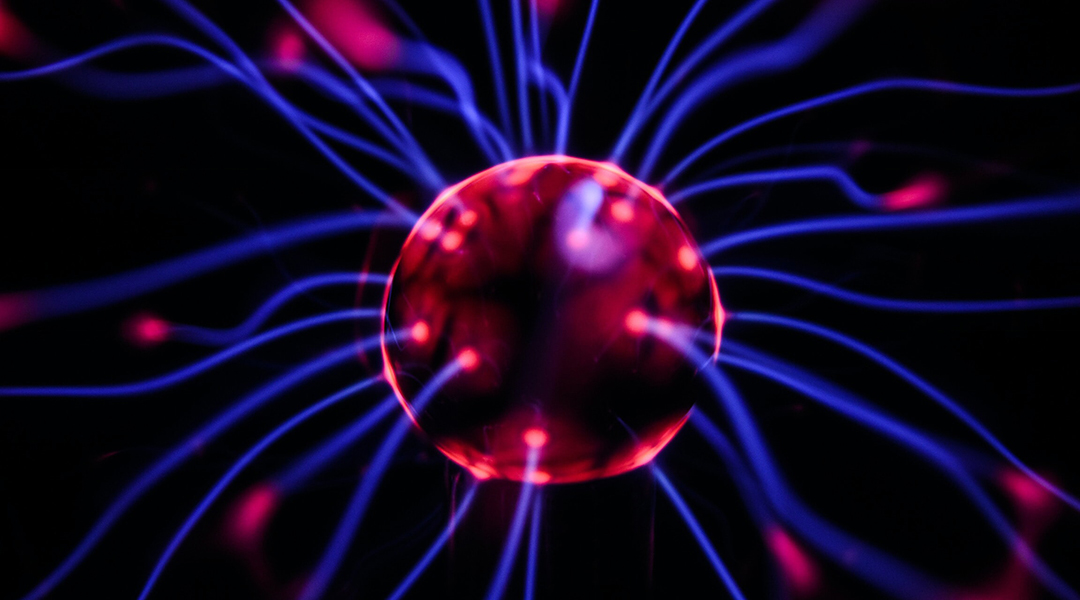

An AI made from plasma learns to play tic-tac-toe using varying and controllable mixtures of gases, in a major step forward.
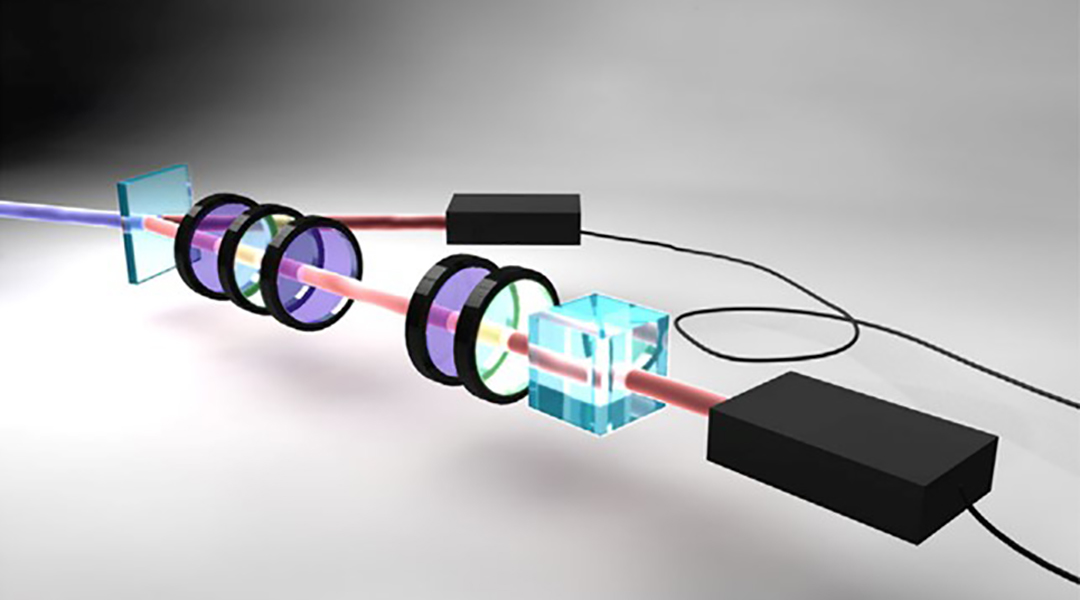
Quantum computing to process large amounts of data tested by bringing together complementary and versatile quantum processors.
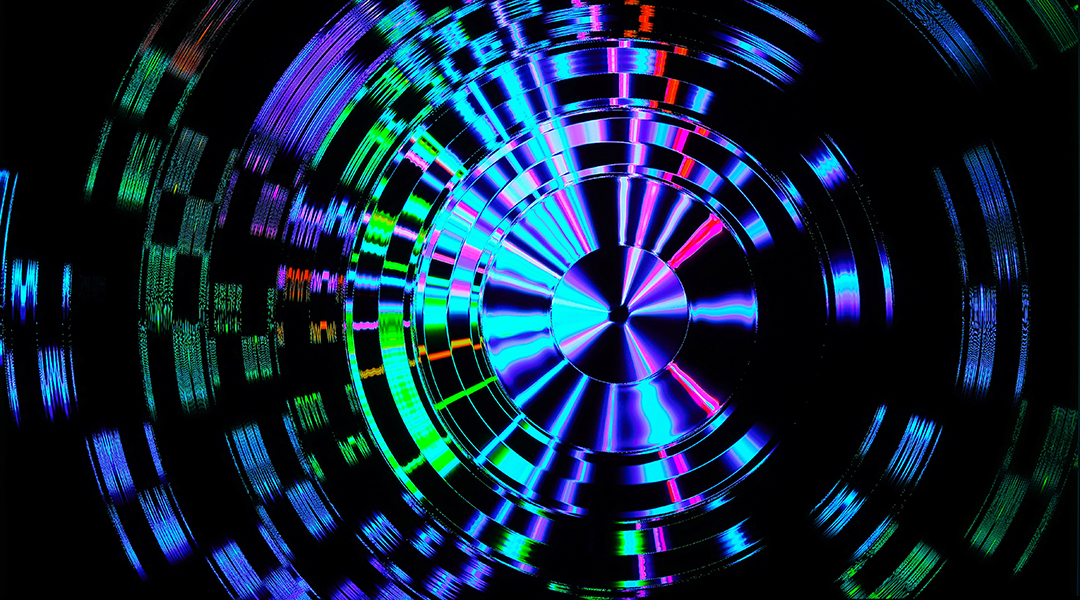
A set of quantum computers was put to the test by playing the notorious triangle game.
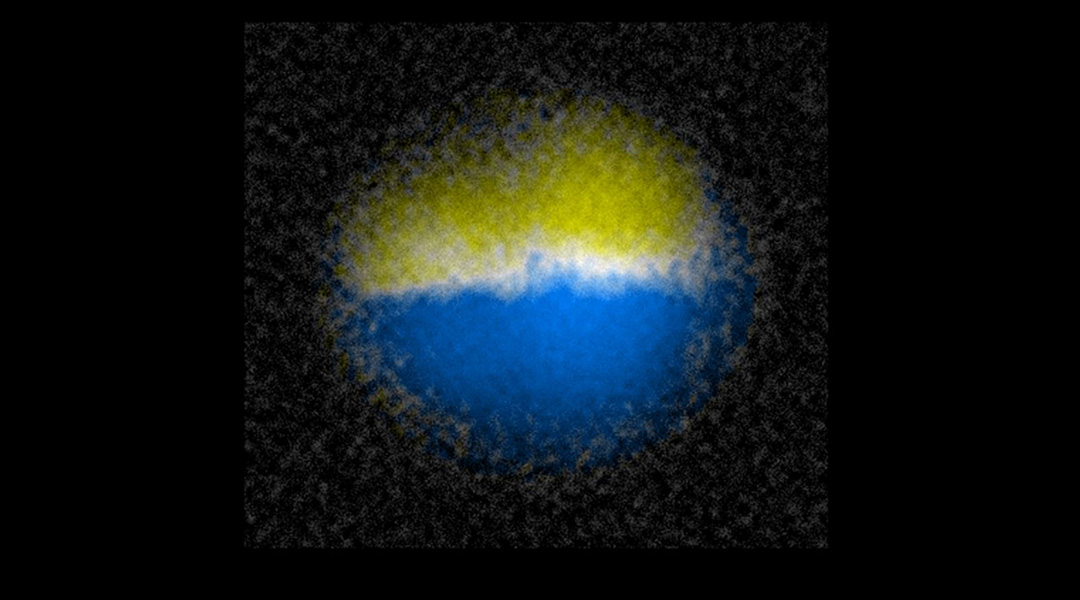
Researchers have discovered how to create and manipulate a quantum object called a “domain wall”, which exhibits particle-like properties.
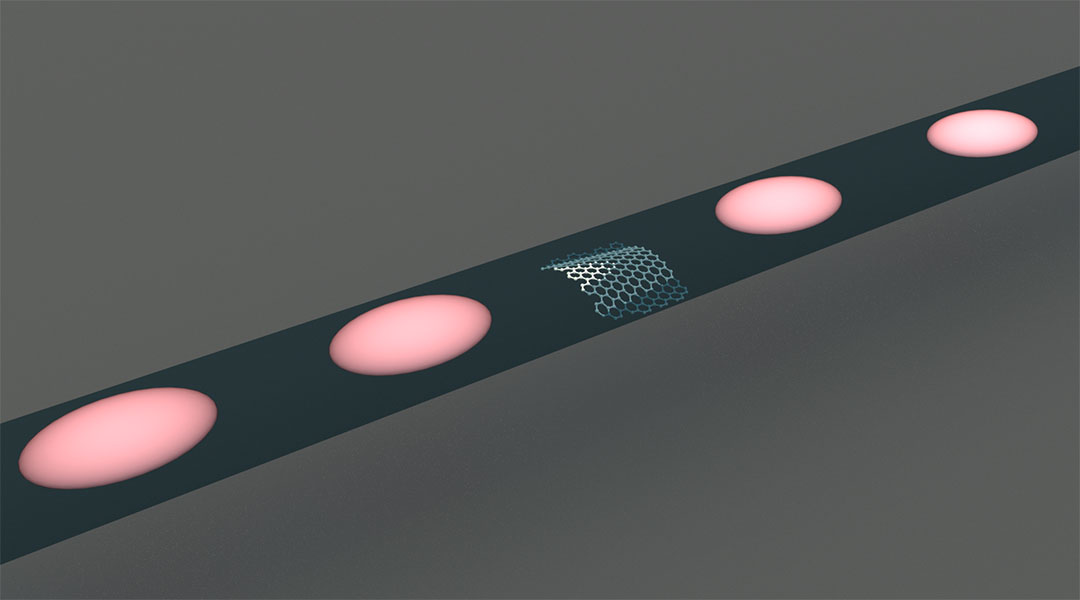
Photonics offer a natural link between communication and computation, providing a potential bridge to build a quantum internet.

Researchers were able to detect a “needle” of highly fragile quantum information in a “haystack” of nuclei.
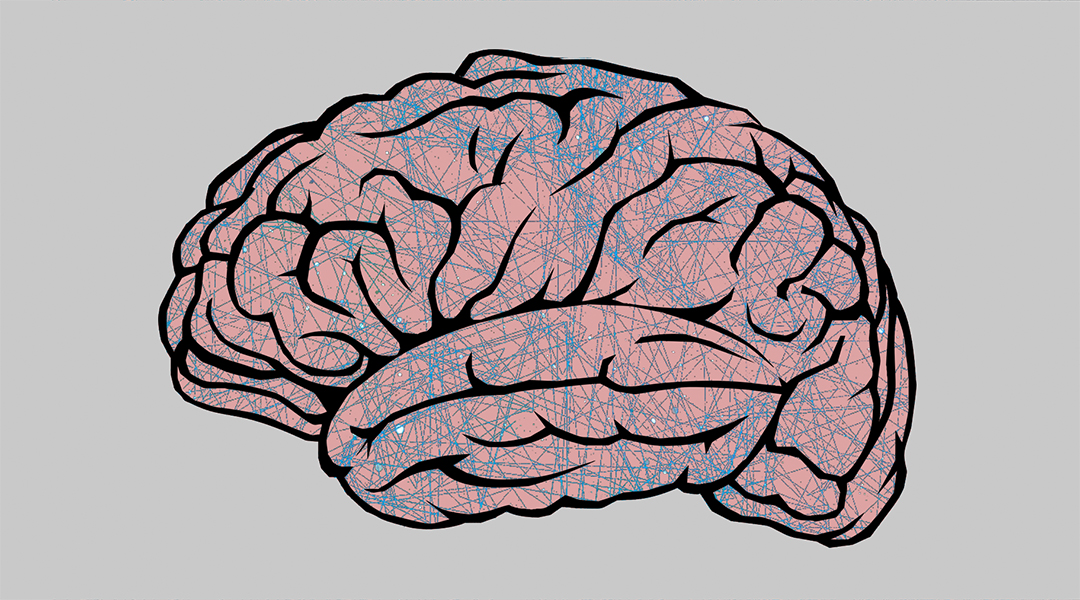
An intelligent material that learns by physically changing itself, similar to how the human brain works, could be the foundation of a completely new generation of computers.

Researchers create a quantum nanochip that is capable of producing stable, high-quality qubits and could open doors for powerful quantum computers.
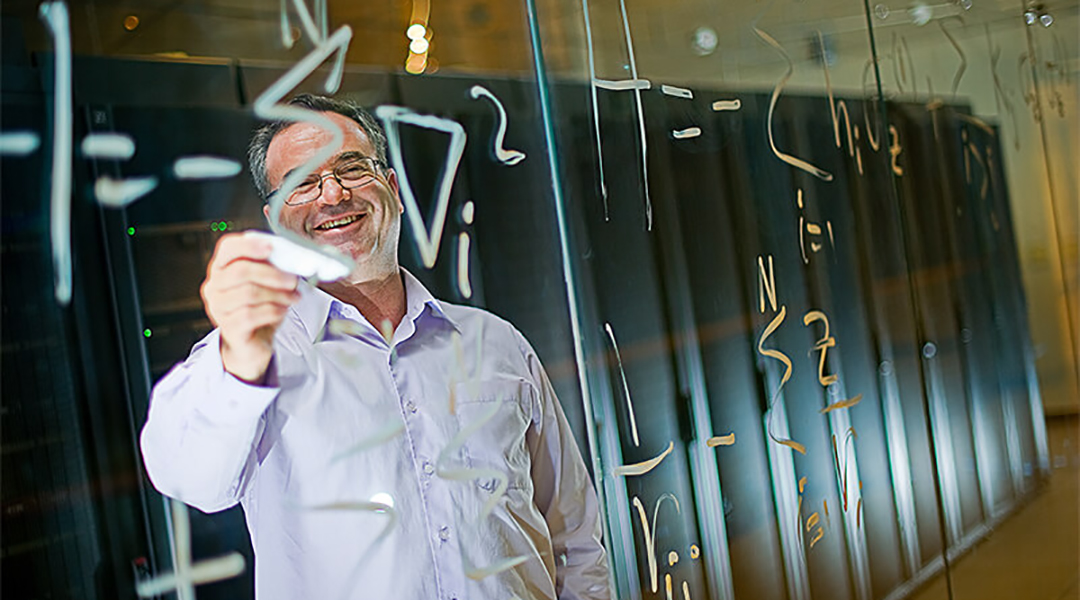
Researchers are developing algorithms and machine learning methods to further our understanding of the quantum state space.

Computer simulations provide a better means of optimizing, predicting, and understanding experimental observations in the search for new battery materials.